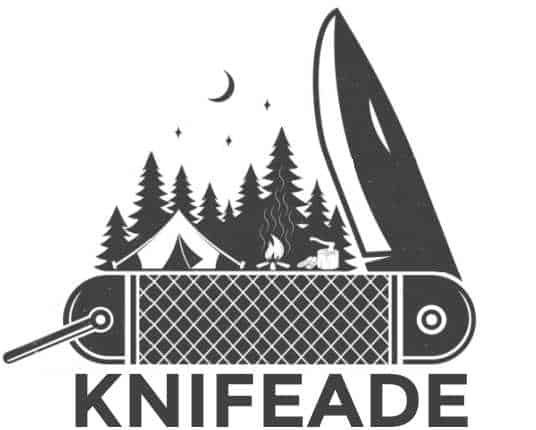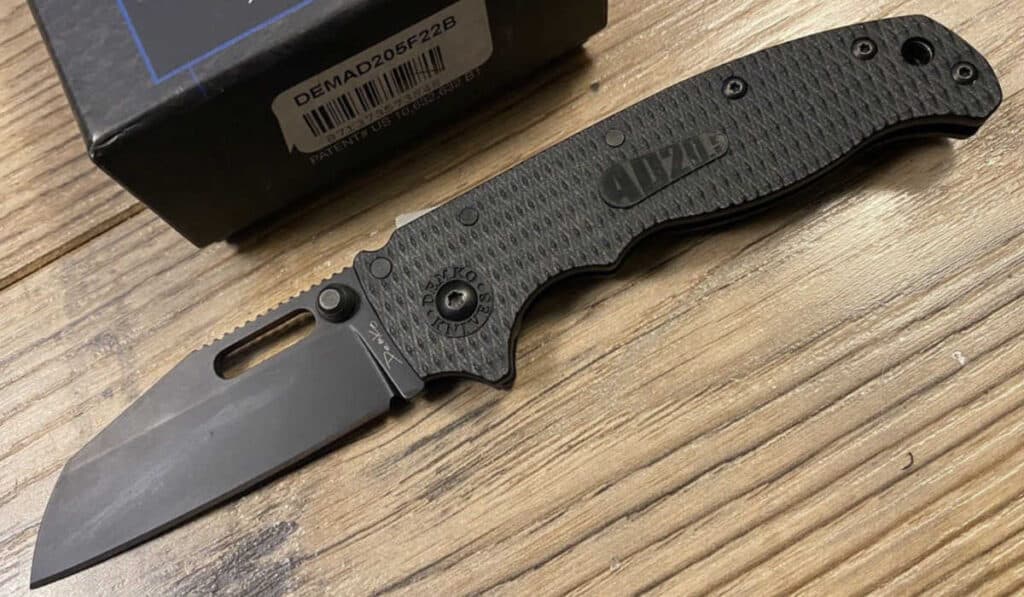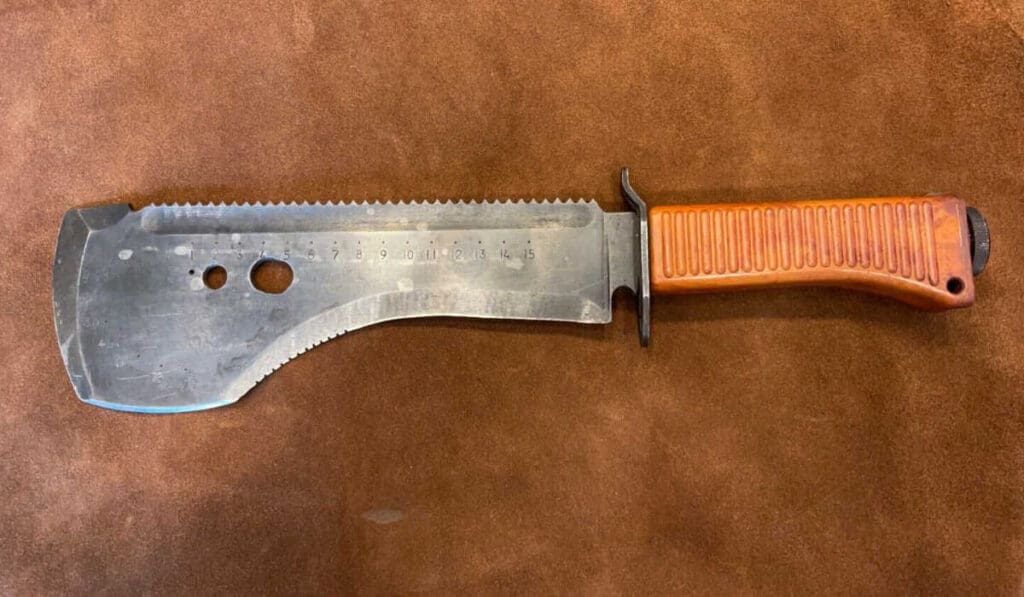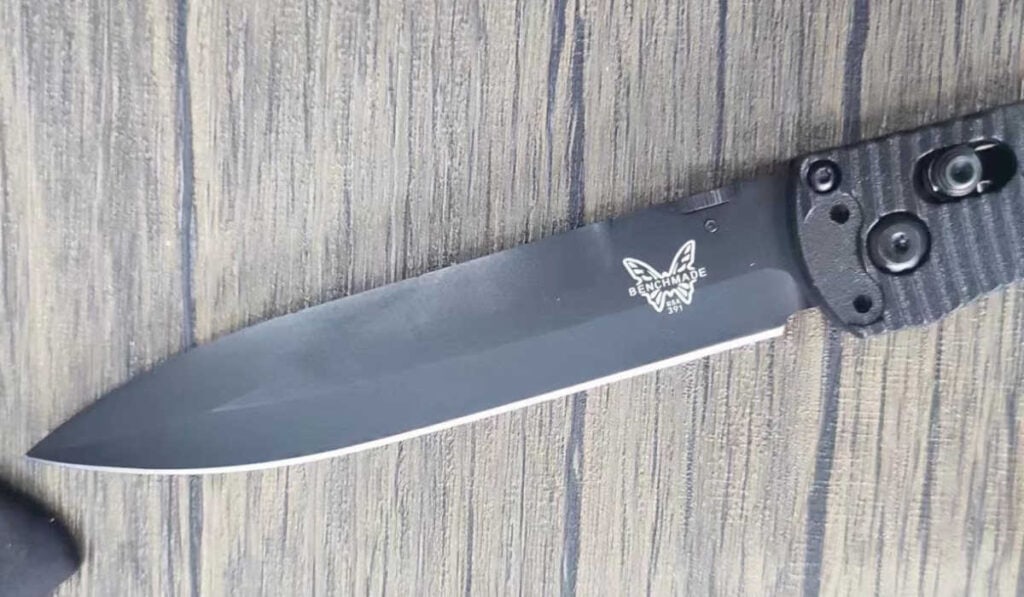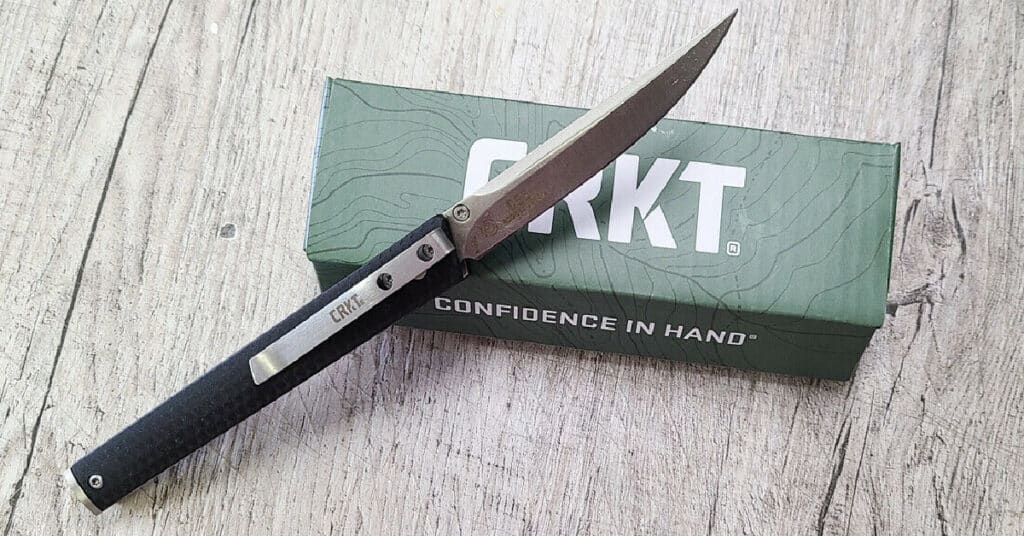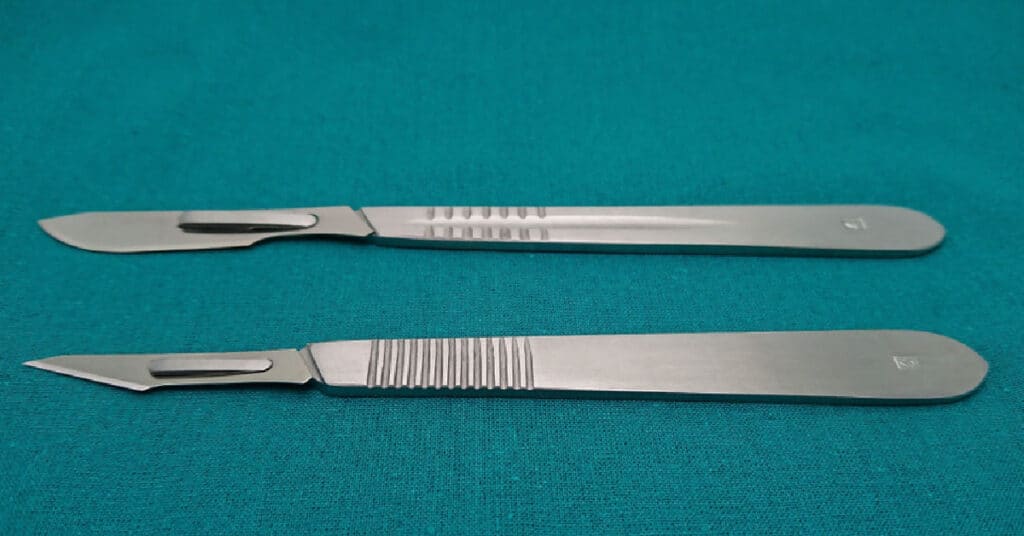Last updated on October 20th, 2023 at 08:27 pm
As an Amazon Associate I earn from qualifying purchases.
Are you a pocket knife enthusiast living in the state of Idaho? If so, it’s important to know the laws regarding knives before buying or carrying one.
This complete guide to knife laws in the state of Idaho can help answer your questions and provide insight into what is legal and illegal when it comes to owning, using, selling, distributing, or even possessing knives.
Or, at least, it will as long as I can tolerate muddling through more pages or legal documents.
Our Top Rated “50-State-Legal” Knives
*These knives are listed based on their broad legality across states, but always consult your local laws before making a purchase.
Overview of Idaho Knife Laws
Knife laws in Idaho are designed to ensure the safety of citizens while enabling individuals to carry knives for recreational and utilitarian purposes. A knife is defined as any instrument or device with a sharpened blade that can be used for cutting or stabbing. This definition includes pocketknives, hunting knives, switchblades, butterfly knives, balisongs (also known as “butterfly” or “batangas”), daggers, dirks, and stilettos.
Preemption Law Regarding Knife Regulations
Idaho’s preemption law ensures statewide uniformity with respect to knife regulations, prohibiting local governments from passing laws more restrictive than the state law when regulating knives.
Types of Knives Allowed in Idaho
Idaho permits most types of knives, and there are no forbidden knives under Idaho law. However, restrictions exist for knives with blades exceeding 6 inches in length2. Balisong/butterfly style knives, as well as other types, are legal as long as they adhere to the blade length restriction mentioned.
In 2015, Idaho lifted its prohibition on switchblades, making them legal to own and carry without any restrictions on blade length. Similarly, all knives are legal for open carry regardless of length, with some limitations applicable to certain places such as schools and government buildings.
Knife-Carrying Guidelines & Restrictions
Open Carry Laws
It’s legal in Idaho to openly carry a pocket knife in public without any restrictions on the type of knives that can be carried, although carrying is prohibited in certain places such as schools or government buildings.
Concealed Carry Laws
In Idaho, it’s legal to conceal carry any knife with a blade of four inches or less that is not a dirk, dagger, or bowie knife without a permit. With a permit, any knife can be carried concealed. Nonetheless, it is recommended to obtain an enhanced concealed weapons permit for carrying other types of weapons.
Schools, government buildings, airports, and courthouses are among places where carrying a pocketknife is prohibited, whether it’s openly or concealed carried, even with an enhanced CWP. Local municipalities may also impose additional restrictions, so it’s important to check local laws before purchasing or carrying a pocketknife in Idaho.
Age Restrictions
In Idaho, minors under the age of 18 are allowed to possess knives, with exceptions relating to certain types of knives and locations like schools. Minors may also carry pocketknives while participating in activities sponsored by an organization such as Boy Scouts or Girl Scouts, even without written parental consent.
Use of Knives as Weapons
While it’s illegal to use a knife in Idaho as a weapon, including threatening, intimidating, or harming another person, the law doesn’t prohibit the possession of any type of dangerous weapon with intent to use it unlawfully against another person. Using knives as weapons against another person is considered assault or battery, which can lead to more serious criminal charges. Violation of these laws can result in serious penalties including fines and jail time, but the severity of penalties is case-dependent.
Sale and Distribution of Knives in Idaho
The sale of a dirk, dirk knife, bowie knife, or dagger to a minor is a misdemeanor in Idaho1. It’s advisable to consult local laws or a legal expert in Idaho for more accurate information on selling and distributing knives.
Enforcement and Penalties for Violating Knife Laws
Knife laws in Idaho are enforced by local law enforcement agencies. Penalties for violating these laws can range from fines to jail time depending on the severity of the offense. However, simple possession offenses may not always lead to severe penalties unless associated with other illegal activities. Using knives against another person is a more serious crime and can lead to harsher penalties.
Idaho Knife Law FAQs
Are switchblades legal in Idaho?
Switchblades are legal in Idaho. In 2015, the state removed its prohibition on switchblades, allowing them to be owned and carried without restrictions on blade length.
Are butterfly knives illegal in Idaho?
Butterfly knives, also known as balisongs, are not illegal in Idaho. They can be legally owned and carried, as long as the blade length is less than 4 inches.
Are OTF knives legal in Idaho?
Out-the-front (OTF) knives are legal in Idaho. These knives, which deploy a blade from the handle by pressing a button or switch, can be owned and carried without restriction.
Are automatic knives legal in Idaho?
Automatic knives are legal in Idaho. This includes switchblades, OTF knives, and other types of knives that deploy their blade automatically. There are no restrictions on blade length for automatic knives.
Can a minor carry a knife in Idaho?
Minors can carry a knife in Idaho. However, they are prohibited from carrying a concealed weapon without written permission from a parent or guardian.
Furthermore, it’s important to note that different jurisdictions within Idaho may have additional regulations regarding minors carrying knives, and federal laws also apply when transporting knives across state lines.
Does Idaho have knife length laws?
Idaho does not have specific knife length laws that apply universally, but there are restrictions depending on the situation.
For instance, if the knife is concealed, it must have a blade length of fewer than 4 inches. However, knives carried openly have no length restrictions. Also, municipalities may enforce their own regulations, so it’s always a good idea to familiarize yourself with local laws.
Idaho State Knife Law References
Official Sources of Idaho’s Knife Laws
- Section 18-3302 defines what constitutes a “deadly weapon” and mentions dirk knives as an example.
- Section 18-3303 mentions the unlawful use or exhibition of deadly weapons in a threatening manner.
Significant Court Cases
| Case Title | Summary |
|---|---|
| Idaho v. Jones | An appeal concerning the admittance of evidence regarding a knife found on the defendant. The Idaho Supreme Court affirmed the conviction and sentence. |
| State v. Kohberger | A case involving DNA found on a knife sheath which played a part in the defense of Bryan Kohberger, who was facing multiple felony charges in relation to a stabbing incident. |
Timeline of Major Changes
- 1972: Legislation enacted concerning the possession of deadly weapons with intent to assault as per Section 18-3301.
- 2006: The legislature repealed a law prohibiting ownership of any type of knife, making various types of knives including switchblades and automatic knives legal.
- 2015: Idaho Knife Law Preemption bill, SB 1092, passed, repealing all existing local knife regulations and prohibiting any future knife regulations, making state knife law supreme over the entire state.
- 2021: Clarifications regarding legal ownership and carrying of various types of knives for individuals above 18 years.
Conclusion
The conclusion encapsulates the importance of adhering to Idaho’s knife laws to ensure both compliance and safety. It emphasizes the necessity of understanding these laws before purchasing, carrying, or using a knife in Idaho, along with the consequences of violating these laws.
Do Sheepsfoot Blades Have A Purpose? (Cuz They’re Ugly…)
Spetsnaz Machetes – Blades Of The Russian Special Forces
What Is The Actual Purpose Of A Spear Point Knife Blade?
CRKT CEO Review – Coolest, Most Worthless Knife Ever?
How Sharp Is A Scalpel? (Is It Sharper Than A Razor?)
Can You Shave With A Knife? (Yes, Here’s How)
As an Amazon Associate I earn from qualifying purchases.
